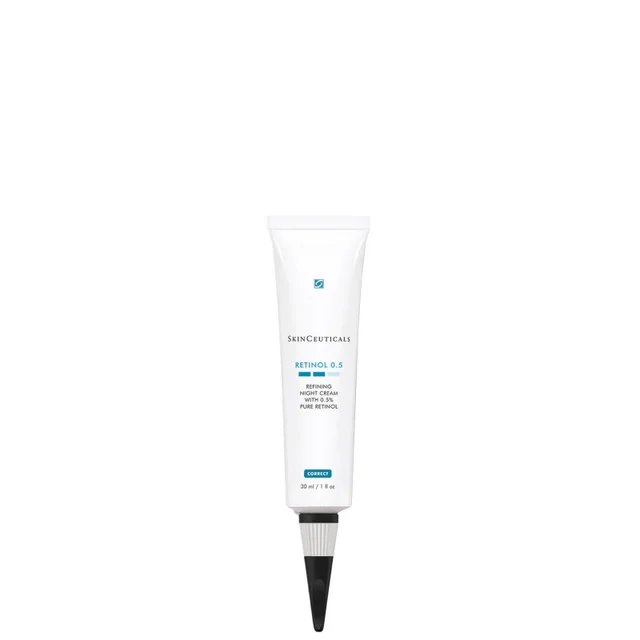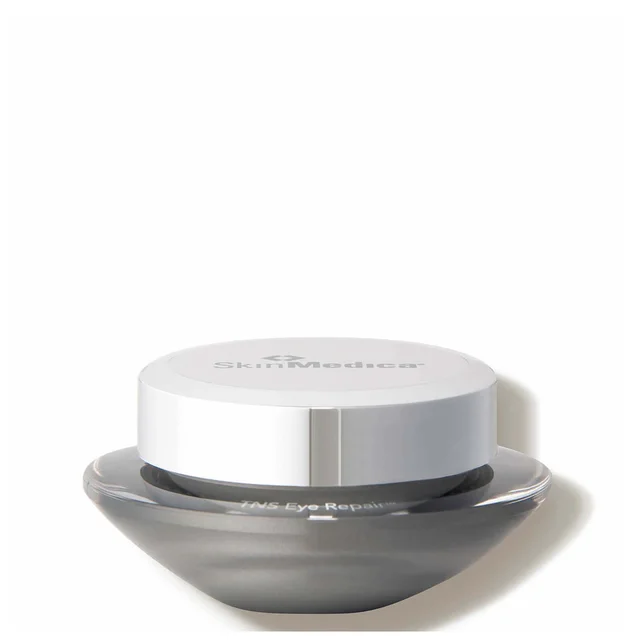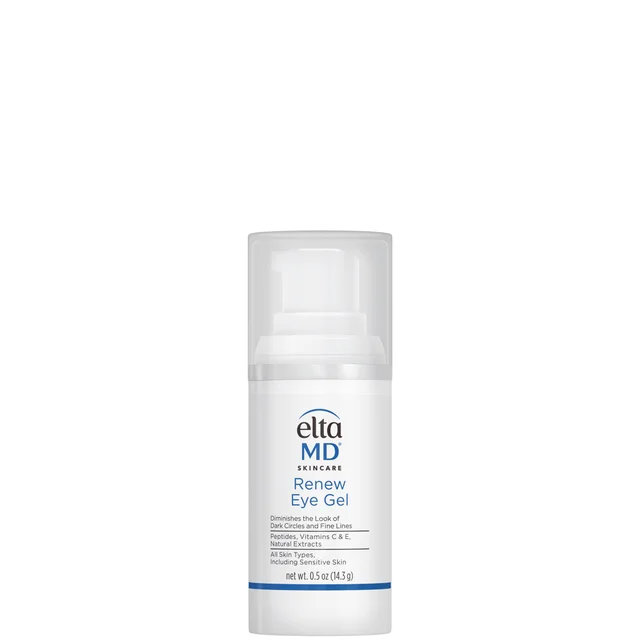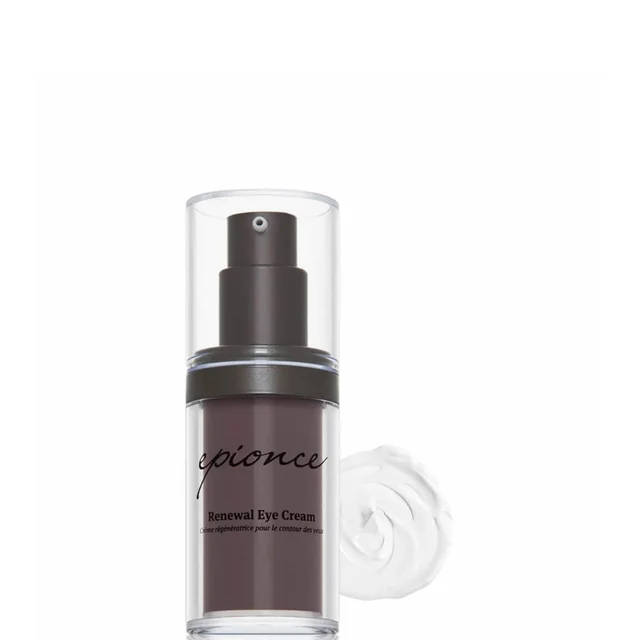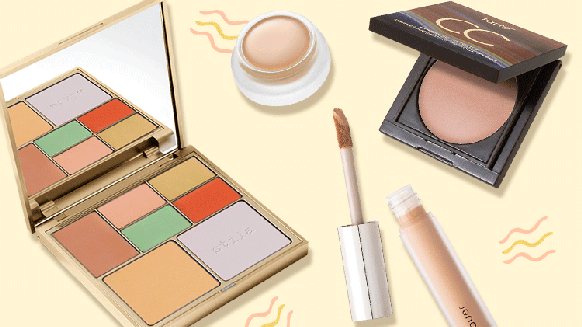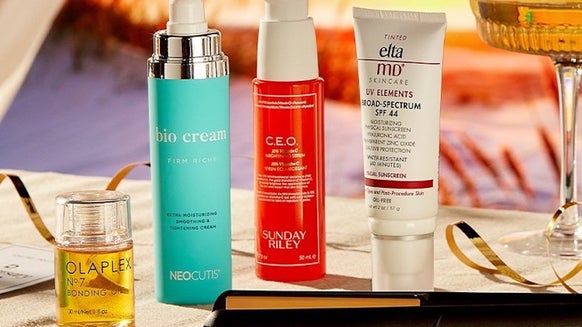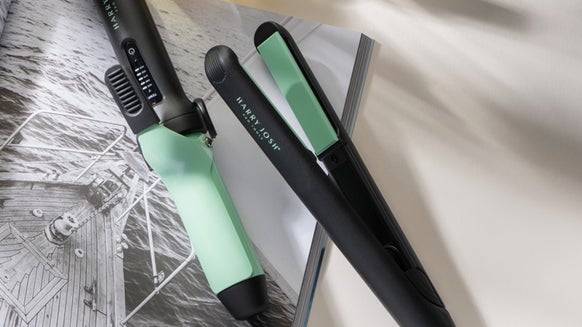Tips and Techniques to Reduce Dark Circles
Dark circles can make you look tired, and a good night of shuteye won't erase them for good. You have to find out what's making you prone to under-eye darkening. Genetics do play a role, but the thin skin of this region is vulnerable to irritation from allergies, sun damage, premature aging and rough makeup-removal tactics. Refine your beauty habits to help reduce your shadowy outlook and get brighter undereyes.
Causes of Dark Circles
Anyone can get dark circles, but you may be genetically more prone to these dark vessels because of inherited thin or fair skin. You may have also inherited an abundance of vessels in this region. The accumulation of blood in the vessels close to the skin surface often appears as dark circles.
Gentle Skin Care
Rubbing your eyes while removing makeup is another culprit—it encourages blood to flow to the area and the resulting darkened skin. Use a gentle eye makeup remover that thoroughly dissolves your eye makeup so you don't have to rub vigorously to get it off. Apply sunscreen regularly to the region; soft-stick formulas usually provide you with the most control for this delicate skin. Makeup removal is not the only culprit for an irritated under-eye. Seasonal allergies can also cause dark circles and puffy eyes. As the eye area itches and swells, it creates a pooling of blood in the vessels that can lead to darkening. Most over-the-counter antihistamines that help to control allergies will also reduce inflammation under the eye.
Shed Some Light
You can't change your genes or your age, but you can fight them. Creams that contain retinol can help slough off dark, pigmented skin, but they can be irritating, so use with care. Other ingredients, such as azelaic acid, kojic acid and glycolic acid may help with the darkening of skin pigment in the under-eye area. Certain creams that contain hydroquinone may also help lighten genetically hyperpigmented under-eye regions. Some skin procedures, such as chemical peels, are also used to reduce dark circles. For anything more extensive, check with your dermatologist to learn about more options.
Offset Aging
Setting genetics aside, dark circles tend to become more prominent as you age. That's because with aging comes a loss of collagen, the compound that helps skin stay thick and elastic—which makes dark circles more evident. Retinol creams can help restore collagen that you lose as you get older, while creams that contain caffeine also help to constrict the blood vessels in the under-eye area so they're less prominent. If you smoke, quit—it exacerbates the deterioration of collagen, making the circles more obvious. A loss of volume in the face as you age can also cause a hollowed-out appearance that creates shadows under the eyes. Avoiding excessive thinness as you age can help your face stay plump and less vulnerable to dark eye circles.
Environmental Fixes
Even old-fashioned remedies have their benefits. Placing cold tea bags or cucumber slices over the eyes or applying a cold spoon, actually may work to temporarily reduce inflammation and shrink the vessels that show up under the thin skin.
This article has been reviewed by board-certified dermatologist Dr. Emmy Graber.

From the latest hair and makeup trends to the best solutions for your skin issues, we've got all your beauty concerns covered!
